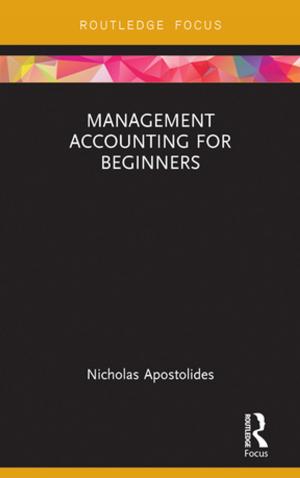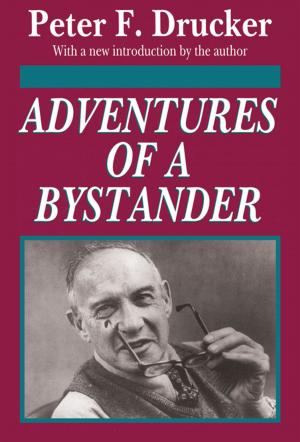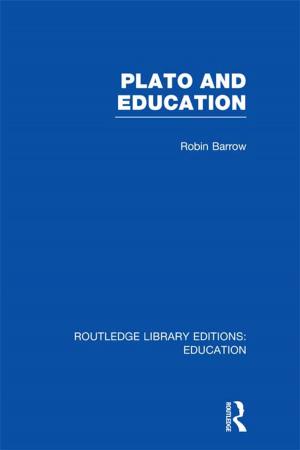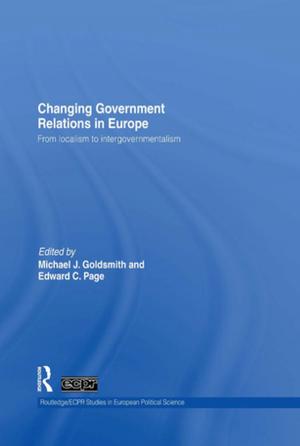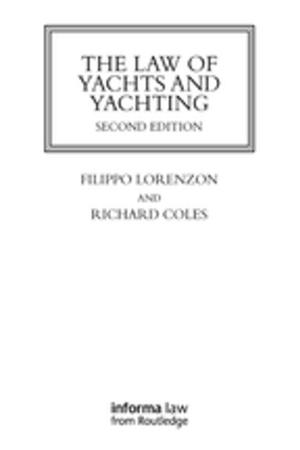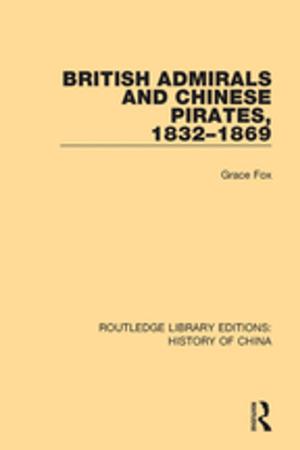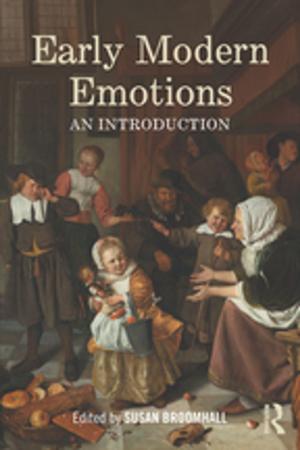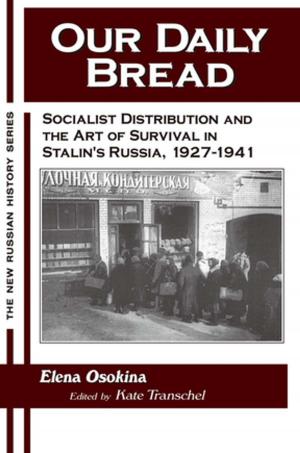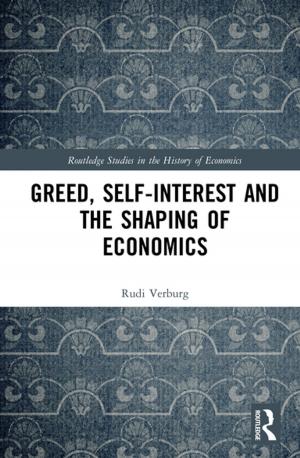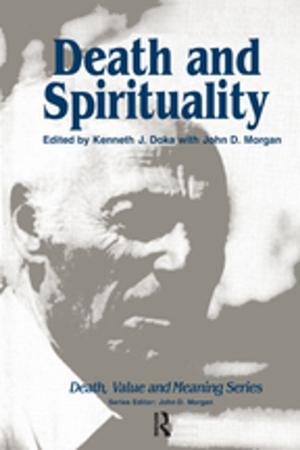Demythologizing Language Difference in the Academy
Establishing Discipline-Based Writing Programs
Nonfiction, Reference & Language, Language Arts, Communication, Writing & Publishing, Composition & Creative Writing| Author: | Mark Waldo | ISBN: | 9781135704490 |
| Publisher: | Taylor and Francis | Publication: | February 4, 2004 |
| Imprint: | Routledge | Language: | English |
| Author: | Mark Waldo |
| ISBN: | 9781135704490 |
| Publisher: | Taylor and Francis |
| Publication: | February 4, 2004 |
| Imprint: | Routledge |
| Language: | English |
In this volume, Mark Waldo argues that writing across the curriculum (WAC) programs should be housed in writing centers and explains an innovative approach to enhancing their effectiveness: focus WAC on the writing agendas of the disciplines. He asserts that WAC operation should reflect an academy characterized by multiple language communities--each with contextualized values, purposes, and forms for writing, and no single community's values superior to another's.
Starting off with an examination of the core issue, that WAC should be promoting learning to write in the disciplines instead of writing to learn, Waldo proposes:
*housing WAC in comprehensive writing centers independent of any other department;
*using dialogue and inquiry rather than prescriptive techniques in the WAC program's interaction with faculty in other disciplines; and
*phasing out writing assessment that depends on one test measuring the writing abilities of students from all disciplines.
In the process of making his case, Waldo discusses tutor training, faculty consultancy, and multilayered assessment programs. In addition to presenting the theoretical and practical advantages of discipline-based WAC programs, he also offers clear and compelling evidence from his own institution that supports the success of this approach to writing instruction.
Demythologizing Language Difference in the Academy: Establishing Discipline-Based Writing Programs will be of interest to writing program and WAC administrators; writing center administrators; graduate students studying composition; and educators and graduate students involved in WAC initiatives, research, and study.
In this volume, Mark Waldo argues that writing across the curriculum (WAC) programs should be housed in writing centers and explains an innovative approach to enhancing their effectiveness: focus WAC on the writing agendas of the disciplines. He asserts that WAC operation should reflect an academy characterized by multiple language communities--each with contextualized values, purposes, and forms for writing, and no single community's values superior to another's.
Starting off with an examination of the core issue, that WAC should be promoting learning to write in the disciplines instead of writing to learn, Waldo proposes:
*housing WAC in comprehensive writing centers independent of any other department;
*using dialogue and inquiry rather than prescriptive techniques in the WAC program's interaction with faculty in other disciplines; and
*phasing out writing assessment that depends on one test measuring the writing abilities of students from all disciplines.
In the process of making his case, Waldo discusses tutor training, faculty consultancy, and multilayered assessment programs. In addition to presenting the theoretical and practical advantages of discipline-based WAC programs, he also offers clear and compelling evidence from his own institution that supports the success of this approach to writing instruction.
Demythologizing Language Difference in the Academy: Establishing Discipline-Based Writing Programs will be of interest to writing program and WAC administrators; writing center administrators; graduate students studying composition; and educators and graduate students involved in WAC initiatives, research, and study.


